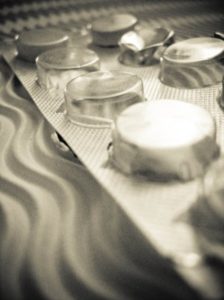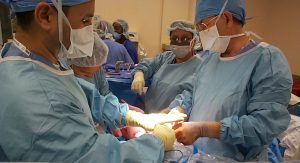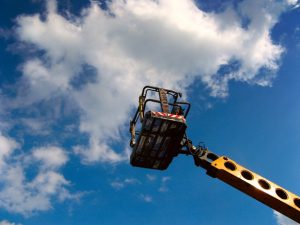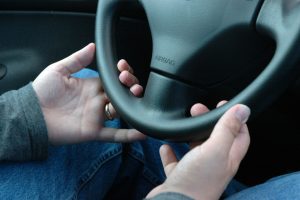A recent case from the Supreme Court of New Jersey involved a products liability action filed against the major pharmaceutical maker that is now known as Roche in connection with its Accutane drug. Accutane is the brand name for the drug isotretinoin. The drug was originally developed by Hoffmann-La Roche labs and was used to treat a severe skin condition known as nodular acne. It was also used in some cases to treat a form of skin cancer.
 While the drug was effective at treating acne, it had some serious side effects associated with it. In some cases, it would lead to severe birth defects. For this reason, women taking the drug had to be counseled against becoming pregnant while taking it, and also needed to either abstain from sex entirely or use what were considered effective contraceptives. Condoms were not considered sufficient when not used in conjunction with another method of birth control. For this reason, Accutane is considered a teratogen, meaning it can cause birth defects. Continue reading
While the drug was effective at treating acne, it had some serious side effects associated with it. In some cases, it would lead to severe birth defects. For this reason, women taking the drug had to be counseled against becoming pregnant while taking it, and also needed to either abstain from sex entirely or use what were considered effective contraceptives. Condoms were not considered sufficient when not used in conjunction with another method of birth control. For this reason, Accutane is considered a teratogen, meaning it can cause birth defects. Continue reading
 Product Liability Lawyer Blog
Product Liability Lawyer Blog












